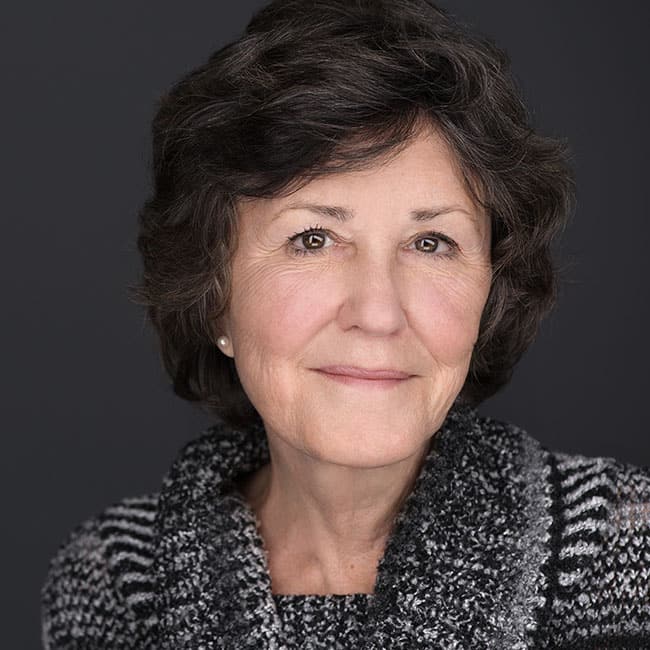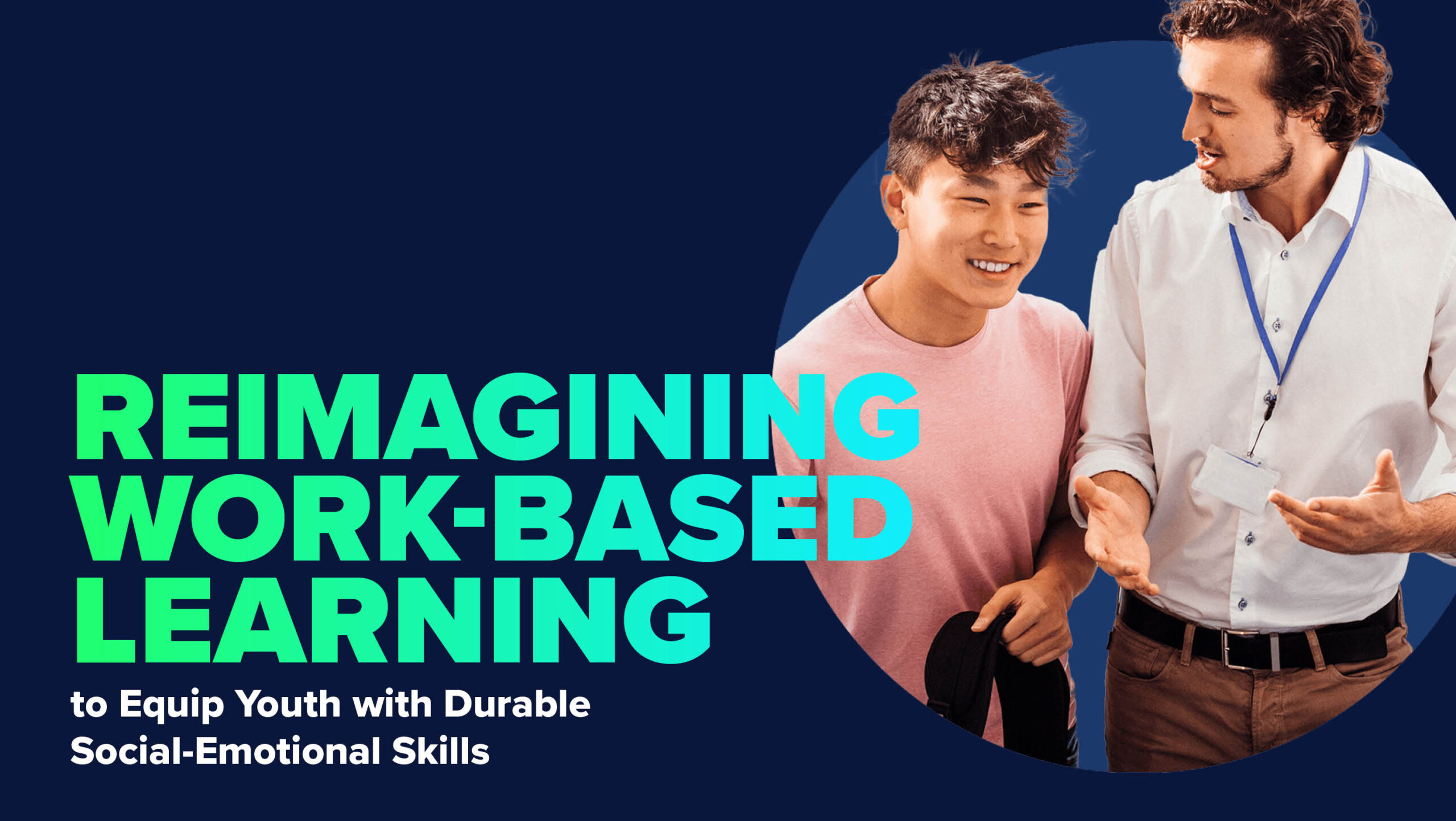I recently joined John Ekstrom on Tradeswork: The Rocky Mountain Mechanical Contractors Association Podcast. While the platform caters to a specific niche of the workforce, it’s representative of the challenges shared by all of the skilled trades. Highlighting the career readiness work happening in specific trades around the country, will give students the information they need to make informed choices.
We spoke about topics that are of mutual interest – primarily, a lack of career preparedness that seems to be plaguing the country. He asked me why I think this is such a pervasive issue. I explained how the “college as default” mindset has been harmful in causing so many young people to enter both college and the workforce without a clue about what their life will look like in their chosen field. We agreed that career exploration and readiness, if they happen at all in a young person’s schooling, are happening far too late.
I shared with John my own story – about having been valedictorian of my high school and then, even despite being at the very top of my educational game, having absolutely no sense of what I might do next because no one had ever had that conversation with me in earnest. That I ended up working in higher education and then, through a lot of learning and a fortuitous chain of events, found my way to ASA and to the important work we’re doing now, was not down to any kind of strategic planning or “readiness” work in school. I didn’t have that kind of experience in my childhood – no one really did – but there is no reason today’s kids shouldn’t be more prepared. Imagine the possibilities?
John asked me a logical question: what next? We know the model isn’t working, so how do we change it? I told him about the policy and advocacy work we’re undertaking to ensure that schools have access to information about all the postsecondary options on the table – not just college – that can lead kids to pursue meaningful and relevant careers. I explained that kids need to start learning about it far earlier, and that they need to have chances to try, experiment, fail and grow. And, I shared with him some of the great work happening in forward-thinking districts, where this kind of work-based programming is being integrated into curriculum. Pathways like apprenticeship and certification are nothing new in the trades, but the number of diverse postsecondary options available to today’s kids as well as the amount of career information, thanks to improved digital connectedness, is growing exponentially.
Really, though, the most meaningful part of the conversation for me was hearing from someone who lives and breathes a specific area of the workforce. His organization is on a noble mission: striving to reverse the public stigma around working in the trades to get more people filling the deficit of some 50,000 skilled trades workers in Colorado. John knows very well how important postsecondary education is to ensure a highly skilled workforce. Accordingly, Tradeswork is partnering with other organizations to launch apprenticeships and diverse work-based learning programs. And, John knows just how damaging stereotypes about non-degree pathways can be for young people and adults alike.
“We’re trying to undo the perception, for example, that if you’re a plumber, all you’re doing is unclogging toilets. The reality is that when you’re a plumber, you can work in hospitals, get certifications in areas like medical gas, and get to design really cool things in spaces like arenas or breweries. You’re not just turning a wrench. You get to do some really strategic thinking. Sharing this information opens peoples’ eyes that, “Ok, so being a plumber isn’t at all what I thought!”




